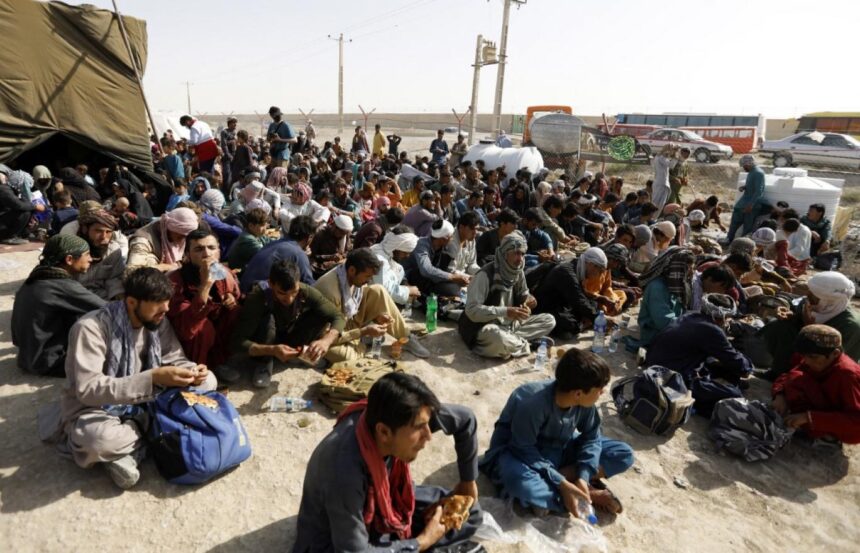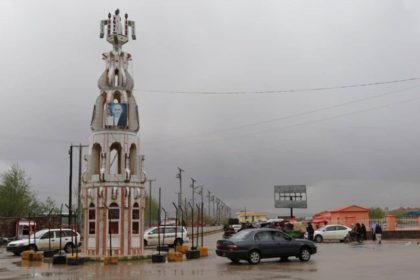RASC News Agency: Mohammad Abbas Khan, Pakistan’s High Commissioner for Afghanistani Refugees at the Ministry of States and Frontier Regions, on Tuesday November 19, proposed the convening of an international multilateral conference to address the pressing challenges of voluntary repatriation and the resettlement of Afghanistani refugees in third countries. According to reports from Pakistani media, Khan presented this proposal during a session titled “Challenges and Opportunities in the Repatriation and Resettlement of Afghanistani Refugees”, organized by the Institute of Regional Studies in Islamabad. In his remarks, he stressed the importance of encouraging Western nations to increase resettlement quotas and expedite the processing of asylum applications for Afghanistani nationals.
Khan pointed out that of the approximately 600,000 Afghanistani resettlement applicants registered with the United Nations High Commissioner for Refugees (UNHCR), only 8,000 applications have been processed to date a figure he described as “wholly inadequate.” He also highlighted the significant obstacles facing voluntary repatriation efforts, including Afghanistan’s limited capacity to reintegrate returning refugees and its underdeveloped infrastructure. Khan emphasized the socio-economic and security implications of the issue, calling for the establishment of a secure environment and increased investment in Afghanistan to facilitate sustainable repatriation.
Khan noted that since 2002, Pakistan has facilitated the repatriation of over 4 million Afghanistani refugees. However, many Afghanistani migrants have been born and raised in Pakistan, becoming deeply reliant on the country’s economic, educational, and healthcare systems. Pakistani media reports indicate that 70% of this refugee population is under the age of 30, representing a potential driving force for Afghanistan’s reconstruction and development. Responding to questions about why Afghanistani refugees born in Pakistan have not been granted Pakistani citizenship, Khan clarified that Afghanistan opposed such measures in a 2003 tripartite agreement involving Pakistan and UNHCR.
Khan further disclosed that since the commencement of the repatriation process for undocumented Afghanistani migrants in November 2023, over 600,000 individuals have returned to Afghanistan. He underscored that decisions regarding refugee repatriation must be made in collaboration with international partners, including Afghanistan and UNHCR, to ensure a coordinated, effective, and humane approach.






